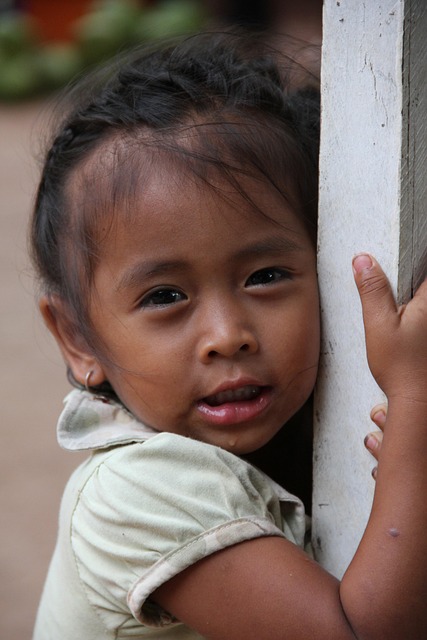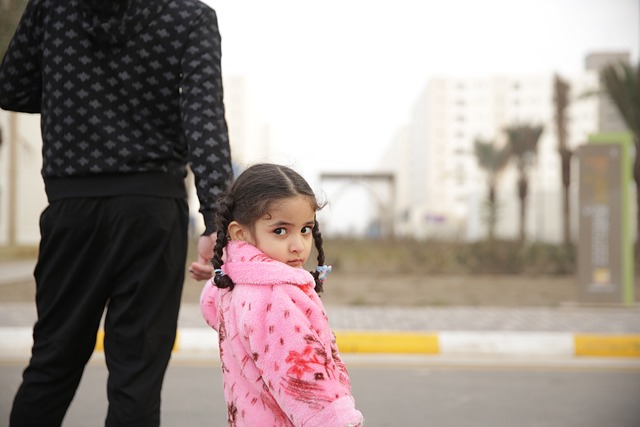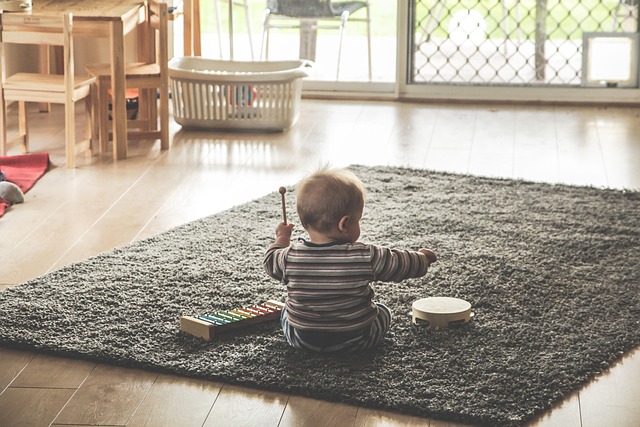Juvenile law is a specialized field dedicated to protecting children's rights and well-being in cases of suspected or actual neglect and abuse. It involves dedicated courts, lawyers, and stakeholders collaborating to provide rehabilitation and alternative solutions for minors under 18. Key services include foster care legal representation, justice for perpetrators, and advocacy for survivors. Juvenile courts focus on child welfare, prioritizing rehabilitation over punishment while ensuring the best interests of the child are met through interventions like foster care placement or protective orders. Child protection attorneys and advocates play a vital role in navigating complex legal systems to secure safety and long-term resources for vulnerable minors.
In cases of child neglect or abuse, effective representation is paramount to ensuring justice and healing. This article delves into the critical role of juvenile law and child welfare attorneys in protecting vulnerable minors. We explore the unique considerations within juvenile courts, from their jurisdiction to the specific needs of minors involved in legal proceedings.
Key topics include recognizing and documenting child neglect and abuse, advocating for children’s rights, navigating foster care systems, and long-term solutions like adoption. By understanding these aspects, we empower child rights lawyers to provide specialized child welfare legal services and support a brighter future for abused and neglected children.
- Understanding Juvenile Law and Its Role in Child Protection
- – Definition of juvenile law
- – Jurisdiction of juvenile courts
- – Unique considerations for minors in legal proceedings
Understanding Juvenile Law and Its Role in Child Protection

In many jurisdictions, Juvenile Law stands as a cornerstone in the broader framework designed to safeguard and protect children’s rights, particularly in instances of suspected or actual neglect and abuse. This legal domain is primarily handled by juvenile courts, which are specifically equipped to deal with cases involving minors. A juvenile lawyer, also known as a child welfare attorney or child rights lawyer, plays a pivotal role in advocating for the best interests of young individuals facing such challenging circumstances. They provide legal counsel and representation to ensure that children’s rights are upheld, their needs are addressed, and they receive appropriate care and support.
The scope of Juvenile Law extends beyond criminal responsibility, focusing on rehabilitation, therapy, and alternative solutions to address juvenile delinquency. It also facilitates the involvement of various stakeholders, including child welfare agencies, medical professionals, and community-based organizations, in the overall child protection process. Foster care legal services are a significant aspect of this, ensuring that children placed in foster homes or institutions have robust legal representation to navigate their rights and entitlements during these transitional periods. Furthermore, child abuse attorneys and advocates work tirelessly to bring perpetrators to justice while offering support systems for survivors, thereby fostering a culture where child advocacy becomes the norm.
– Definition of juvenile law

Juvenile law is a specialized field that focuses on legal matters involving minors, particularly those under 18 years old. It encompasses a range of issues related to child welfare, protection, and justice. In cases of suspected child neglect or abuse, juvenile law plays a pivotal role in ensuring the safety and well-being of vulnerable children. A juvenile lawyer, also known as a child protection attorney or child rights lawyer, is an expert in this field, advocating for minors’ interests within the legal system.
The primary goal of juvenile law is to balance the rights of young individuals with the responsibility of the state to provide care and guidance. Juvenile courts handle cases involving various forms of delinquency, neglect, and abuse, aiming to rehabilitate and protect children while considering their unique needs and circumstances. Child welfare attorneys often represent children in these proceedings, working closely with child welfare agencies and advocacy groups to secure appropriate outcomes, whether it’s family reunification, foster care placement, or other forms of intervention that promote the child’s long-term well-being.
– Jurisdiction of juvenile courts

In cases involving child neglect or abuse, the jurisdiction of juvenile courts plays a pivotal role in ensuring the protection and well-being of minors. These specialized courts are designed to handle matters related to children and adolescents who have been affected by various forms of delinquency, including neglect and abuse. Juvenile law focuses on rehabilitation and treatment rather than punishment, aligning with the goal of child welfare and development. A juvenile lawyer or child protection attorney advocates for the rights of young individuals while navigating complex legal systems, often working towards keeping children safe from harm and securing appropriate foster care or family-based services.
The process involves thorough investigations by child welfare attorneys who gather evidence to support claims of neglect or abuse. If found true, the juvenile court can issue orders for protection, placement in foster care, or other interventions necessary for the child’s recovery and stabilization. Child rights lawyers play a crucial role in representing the best interests of the child, ensuring they receive the legal services needed to navigate these challenging situations effectively. This comprehensive approach, led by dedicated child welfare attorneys and advocates, underscores the commitment to addressing juvenile delinquency and promoting healthy development within the legal framework designed for child protection.
– Unique considerations for minors in legal proceedings

In cases involving child neglect or abuse, the unique needs and vulnerabilities of minors require specialized consideration within the legal system. Juvenile law, a distinct area focused on matters affecting children and adolescents, ensures that their rights are protected and their best interests are paramount. When a child is caught in the throes of neglect or abuse, they may be too young or traumatized to advocate for themselves effectively, making the role of a juvenile lawyer instrumental. These legal professionals are equipped to navigate the intricacies of juvenile court proceedings, ensuring that the child’s voice is heard and their rights are upheld.
Child welfare and protection are at the forefront of these cases, with the ultimate goal being to secure a safe and stable environment for the minor. Child neglect attorneys and advocates work tirelessly to represent the best interests of the child, often guiding them through complex legal processes. This includes fostering communication between various agencies, such as social services, medical professionals, and educational institutions, to provide comprehensive care and support. Additionally, child rights lawyers play a crucial role in ensuring that minors are not only protected from immediate harm but also receive the necessary resources for recovery and long-term well-being, which may involve foster care placement or adoption, with the assistance of foster care legal services.
Juvenile law plays a pivotal role in ensuring child protection and safeguarding the rights of minors involved in cases of neglect or abuse. Understanding the jurisdiction of juvenile courts and the unique considerations for minors is essential to providing effective legal representation. A competent juvenile lawyer can navigate these complex proceedings, advocating for the best interests of children while guiding them through the child welfare system. By offering foster care legal services and support, these attorneys ensure that every child receives a fair hearing, ultimately fostering a safer and more supportive environment for vulnerable youth.
